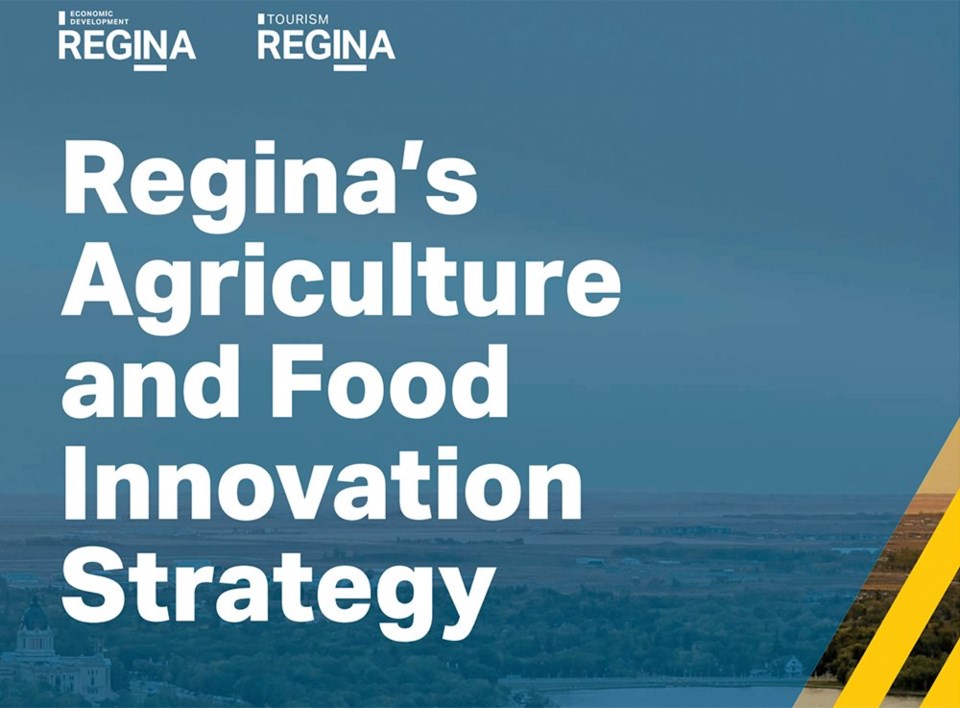, co-ordinated by Economic Development Regina and developed by industry leaders, builds on a report released last year that said further agricultural development would help the city grow.
Recent announcements of more than $1.7 billion in capital investment to build two new canola crushing facilities and a wheat straw pulp mill just outside the city have buoyed the agricultural community.
John Lee, chief executive officer of Economic Development Regina, said greater Regina was always the home of agriculture but this level of investment, along with 1,500 construction jobs and more than 1,000 permanent jobs, plus spinoffs, point to optimism and commitment to the future.
Viterra CEO Kyle Jeworski, who co-chaired the strategy development committee, said the potential has always existed but the strategy focuses everyone to make it work.
“We’re aware of the long-term fundamentals that will support our industry moving forward, but it’s up to us to seize the opportunity to put Regina at the forefront of meaningful change that will secure our future success,” he said.
“This isn’t a one and done. This is a strategy that only starts today.”
The document includes short, medium and long-term goals out to 2030, based on this vision: “The Greater Regina Area will be the ag and food hub for Canada and the world. We will start, scale, grow and attract companies in agribusiness, drive innovation and agtech through an integrated and sustainable supply chain.”
Concrete targets include doubling Regina’s agri-food exports from the current $496.4 million to $1 billion, creating 30,000 new jobs, and increasing value-added revenue from $570 million to $2 billion.
Regina mayor Sandra Masters, who worked in agriculture before her election, said 80 percent of Canada’s farmland surrounds the city.
“Agriculture is essentially who we are,” she said during a news conference. “It’s why we exist.”
She said the city is responsible to invest in infrastructure and maintain partnerships, and to create favourable operating conditions.
Provincial agriculture minister David Marit said the strategy highlights the promise of Saskatchewan agriculture overall.
He said inclusion of more indigenous people within the sector is key and Thomas Benjoe, CEO of FHQ Developments, said indigenous people are ready to be part of the system. He described this as economic reconciliation in agriculture.
The full strategy is available on the Economic Development Regina website at .

